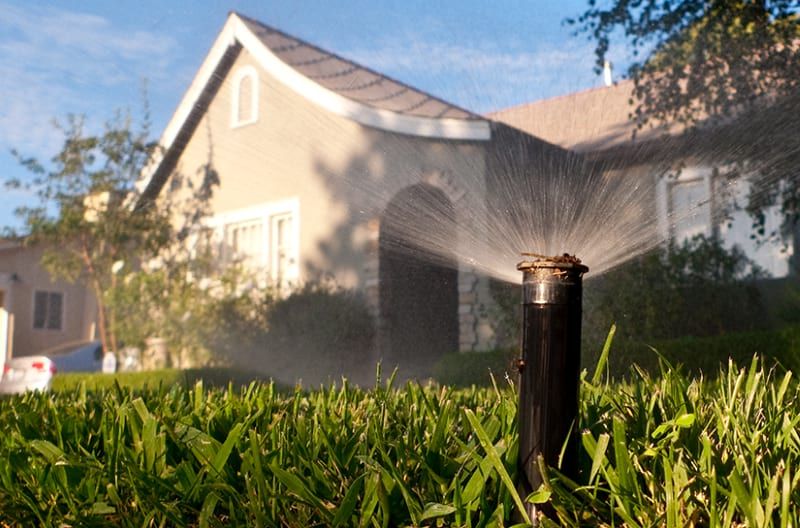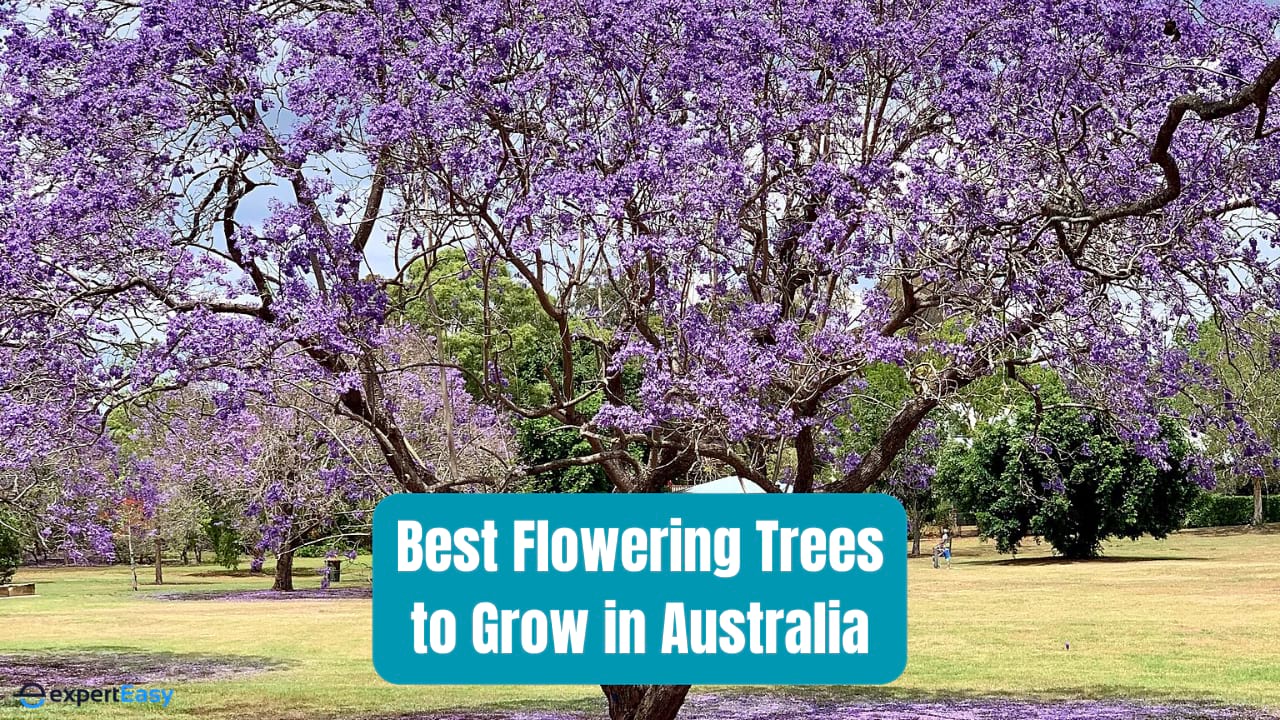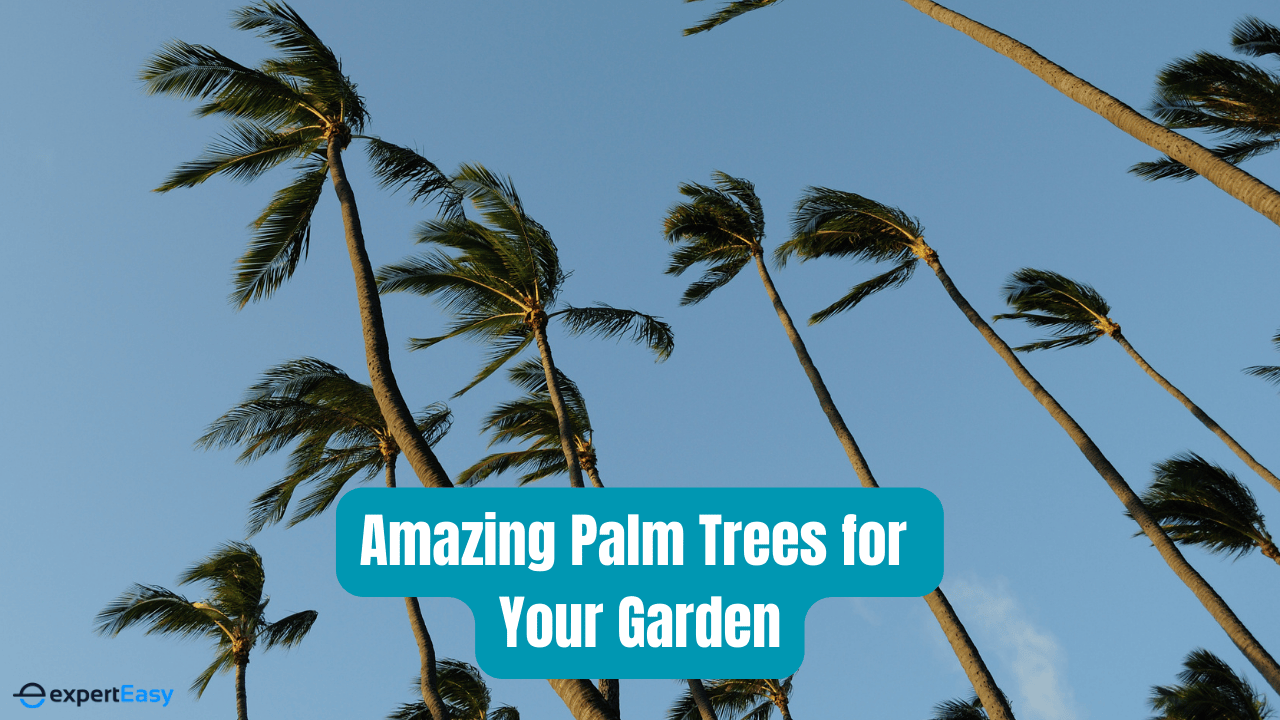Everyone loves having a garden in their backyard. The flower gardens add some sassiness and beauty. Their appearance brightens your day. You have a small garden where you grow some food. If you reside in a fixed area, you at least have a kitchen garden for some veggies. However, they need watering to keep them fresh.
Failing to water your garden will lead to the drying up of your loved plants. Unfortunately, dry seasons are unavoidable. These seasons come with water supply challenges. Your tanks may not hold enough water to service your home and garden. Also, the local authorities may impose water use restrictions. In such states, you need to rethink your gardening watering design.
Before contacting a gardener to alter your garden watering system, here are some exceptional water-saving tips to consider:
Water your garden in the morning hours
Watering the garden in the morning is a common practice in many places. This practice did not occur through an error. Watering the garden during the morning hours has some benefits. First, the temperatures and wind are low. This gives your plant enough time to absorb water to sustain it during a dry day.
Also, the morning hours have low or no evaporations. So, your plants will not compete with the environment in consuming the water available to them. Some people prefer the evening as their preferred watering time. But this is wrong. Morning or afternoon are the best times to water your garden.
Doing this in the evening comes with some shortcomings. The temperatures are high, so your plant will not get a good amount of water. The moisture will not dry up as the night temperatures get cold. This will result in the growth of fungi and pathogens that will destroy your plants. So, avoid evening watering of your plants.
Consider a potted flower garden
Do you have potted flower gardens? You probably prefer to have your plants on the ground rather than in pots. You do not want to spend money on purchasing flower pots. While that sounds like a good idea, it can be costly in the long run. Avoiding a potted flower garden increases your water expenses.
You need more water to wet the ground than you require in a flower pot. Also, the water dries up faster on the ground than in the pot. So, if you want to save water and money, it is recommended to opt for potted flower gardens. You can also transform your kitchen garden into a potted one to enhance water savings in your backyard.
Reuse your household water
No doubt, water waste is a major aspect of many households. You use water to clean dishes, food, and clothes. You also steam or boil some food with water. When doing this, you let the used water go down the drain into the sewer line. Instead of letting this water flow to the drain, you can channel it into other uses. For instance, the water from steamed or boiled food contains a high concentration of essential nutrients. It is beneficial to the plants.
So, you can consider using it to water your garden instead of pouring it into the sink. Also, ensure you get some water tanks to harvest the rainwater. Do not let it drain into rivers while the dry season is on the way. Harvesting and reusing the water for irrigation purposes will boost your money-saving on the utility bills.
Mulch your garden
Did you know that 70% of the water in your garden can evaporate during a dry day? Such a rate of evaporation leaves your plants dehydrated, making it hard for them to survive. Wilting becomes the final stage.
The secret to sustaining your plants during a dry season is through mulching. This heap of organic matter reduces the rate of evaporation and enhances moisture retention. Again, mulching provides your garden with essential nutrients while blocking the growth of weeds. This way, the plant enjoys the entire water supply without competing with unwanted weeds.
Go for plants with small leaves
Certainly, the size of the plant determines its level of water consumption. Large plants with wide leaves rank as the highest water consumer. Having such plants in your garden means you must dig deeper in your pocket to pay water bills. Conversely, plants with narrow, hair-like, and small leaves will only need some moisture to survive. They will not guzzle your water.
For this reason, you need to increase them on your farm. Also, avoid slow-growing plants, particularly during the dry season. These plants will dry your tanks before they mature. So, only consider fast-growing plants and ones with small or narrow leaves.
Be at par with the weather forecast
Imagine watering your plants in the morning, and rain starts falling in the afternoon. Or leave your sprinklers on as you head to a job, only for rain to fall in your absence. Either way, it will be a regrettable experience.
You can avoid such an experience by being on par with your area's weather forecast and knowing when to expect rain or sunshine. This way, you will organize your watering and avoid wasting water in your household.
Assess your soil moisture level
Different soils will have varying moisture levels from time to time. The higher the moisture level, the lower the water you require. For this reason, it is essential to assess the amount of moisture in your soil. You can do this using a moisture meter. You can use a chopstick or a screwdriver if you cannot find one. You should never water your garden if a chopstick or screwdriver can penetrate through the soil easily. Such a case shows that the soil has enough moisture.
Re-examine your irrigation or garden watering design
Your garden watering design is crucial in moisture retention. How you irrigate your land will determine how much you will pay for the water bill. For many people, drip irrigation and sprinklers are their chosen methods. Few people consider having trenches and terraces in their gardens.
Terraces improve moisture retention and make it easy to drain excess water. They hold rainwater and allow it to sink into the soil slowly, helping to retain moisture for a longer period and saving water.
Refrain from overwatering
Watering your plants is the secret to their sustainability. However, you only need to offer your plant enough water, not excess water. Start sprinkling your plants when they need some water, and avoid overwatering. This practice of offering your garden more water than it requires comes with a package of regrets.
First, it increases your water bills. Next, it affects the essential nutrients in the soil, which means that you will need to invest some cash to restore their concentration level. Also, the excess water hinders the entry of oxygen into the soil, which results in root rot and plant suffocation. As such, always refrain from overwatering your plants and flower gardens.
Wrapping Up
Water is an essential element in your household. It acts as the nerve system that runs every part of your backyard. However, many factors affect the water supply. If you want to have beautiful flower and food gardens, you need to conserve water. Finding ways to eliminate or reduce water wastage can enhance savings on your bills.
Also, it will help you keep your gardens moist without straining your pockets. Using mulching, assessing moist levels, and working on your watering designs are some of the ways to realize the water-saving dream in your garden. So, consider the above tips to ensure you reduce the coins spent on garden watering in your backyard.







